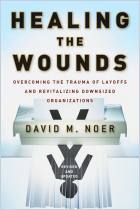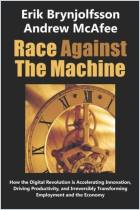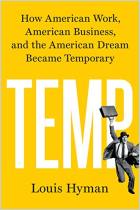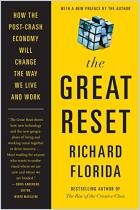Recommendation
This excellent book examines the phenomenon of job insecurity in America. Author and newspaper reporter Louis Uchitelle traces the development and decline of the American expectation of stable, remunerative, virtually lifetime employment. Republicans may have taken the boldest steps in rolling back the expectation of job security (Ronald Reagan’s firing of the air traffic controllers spoke eloquently for the new order), but they did not do so alone or unopposed. Democratic presidents and politicians did not make preventing layoffs a major campaign issue or administrative priority. Uchitelle writes smoothly and evocatively, particularly about the individual experiences of laid-off workers for whom the surviving avenues of American opportunity were dead ends. getAbstract recommends this book to anyone who wants to know what killed the historic American trust between workers and employers, and how to staunch the bleeding caused by layoffs.
Summary
About the Author
Louis Uchitelle has covered economics for The New York Times since 1987, focusing on labor and business issues. He shared a major award for its 1996 series "The Downsizing of America." He also taught journalism at Columbia University’s School of General Studies.

















Comment on this summary